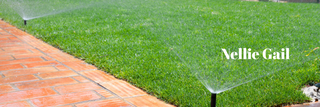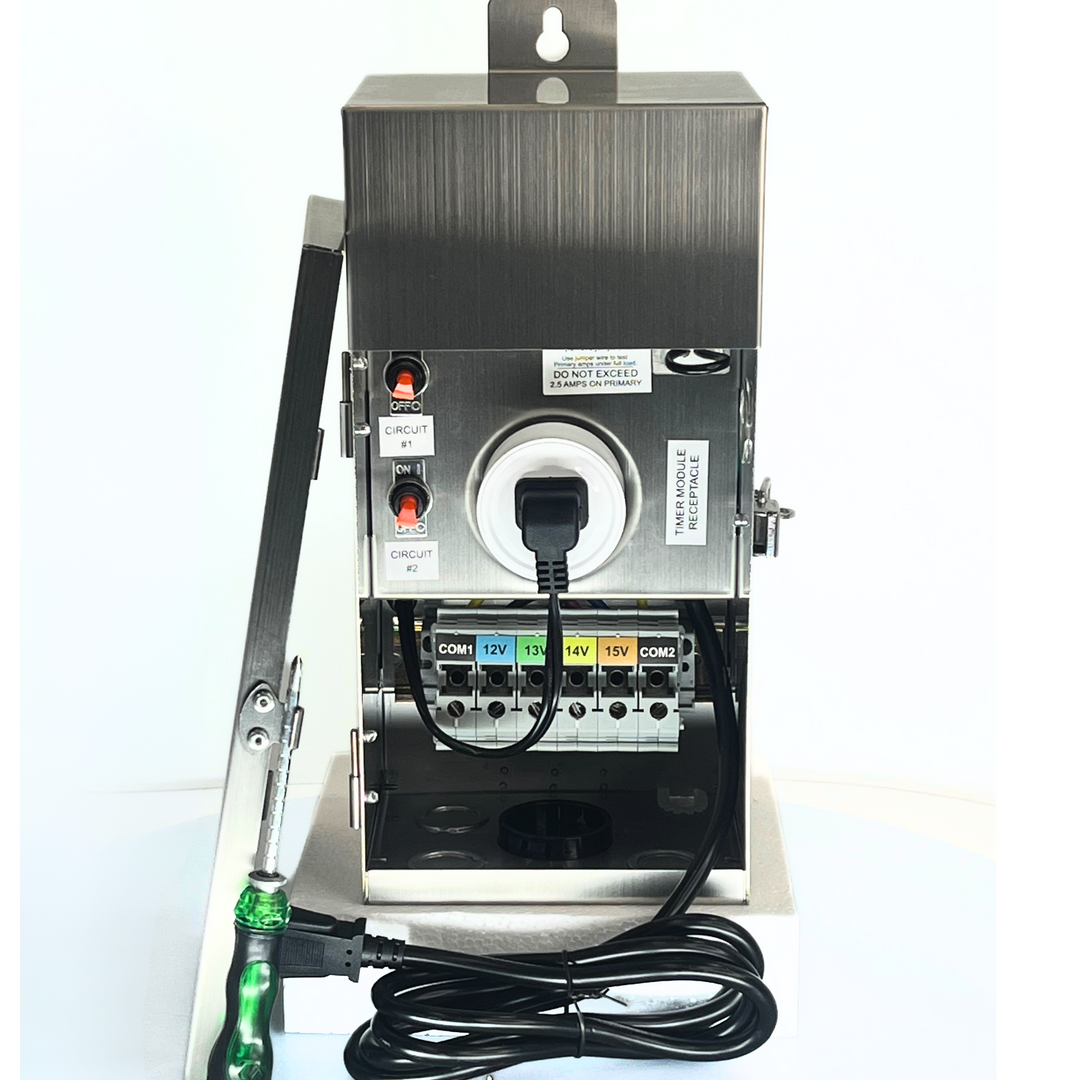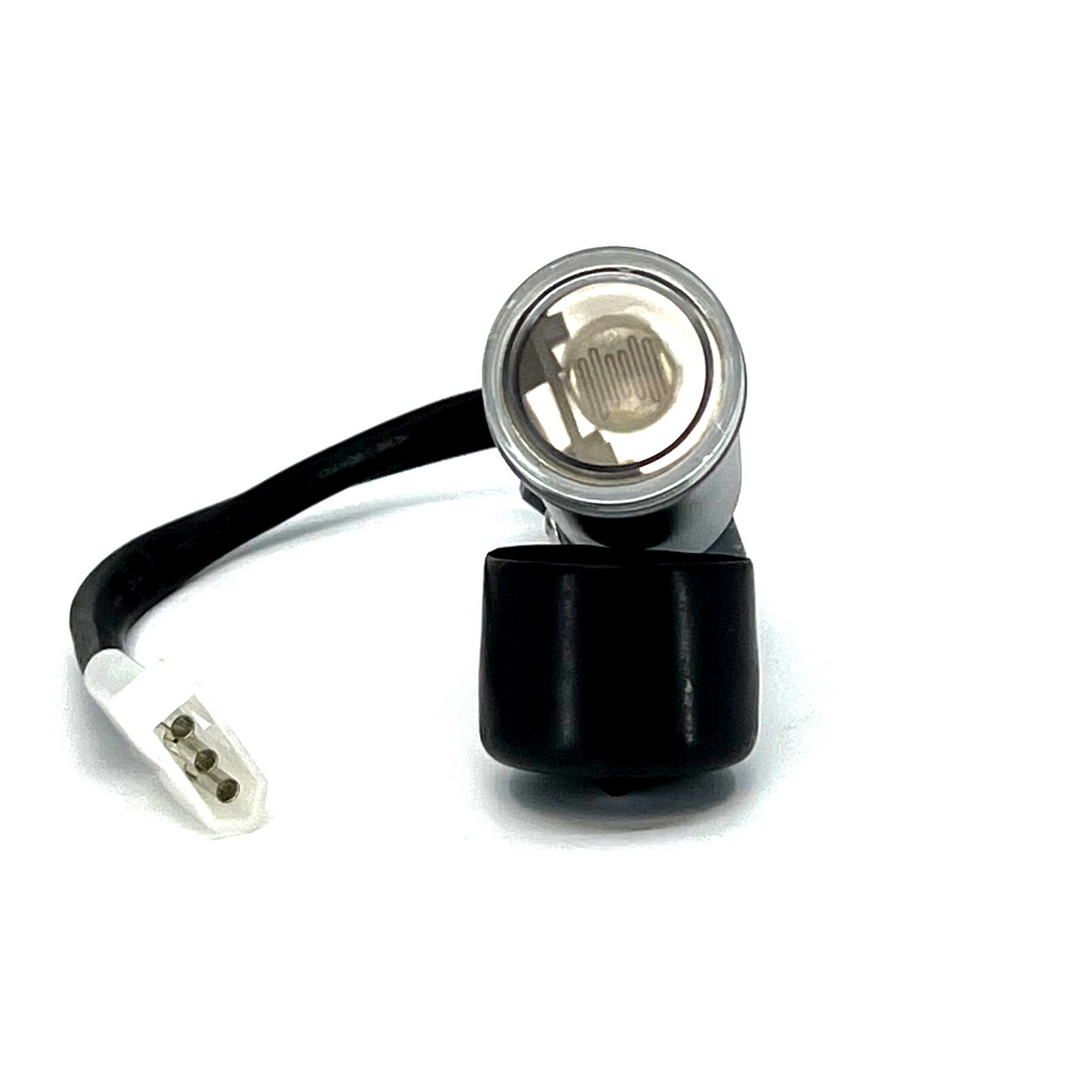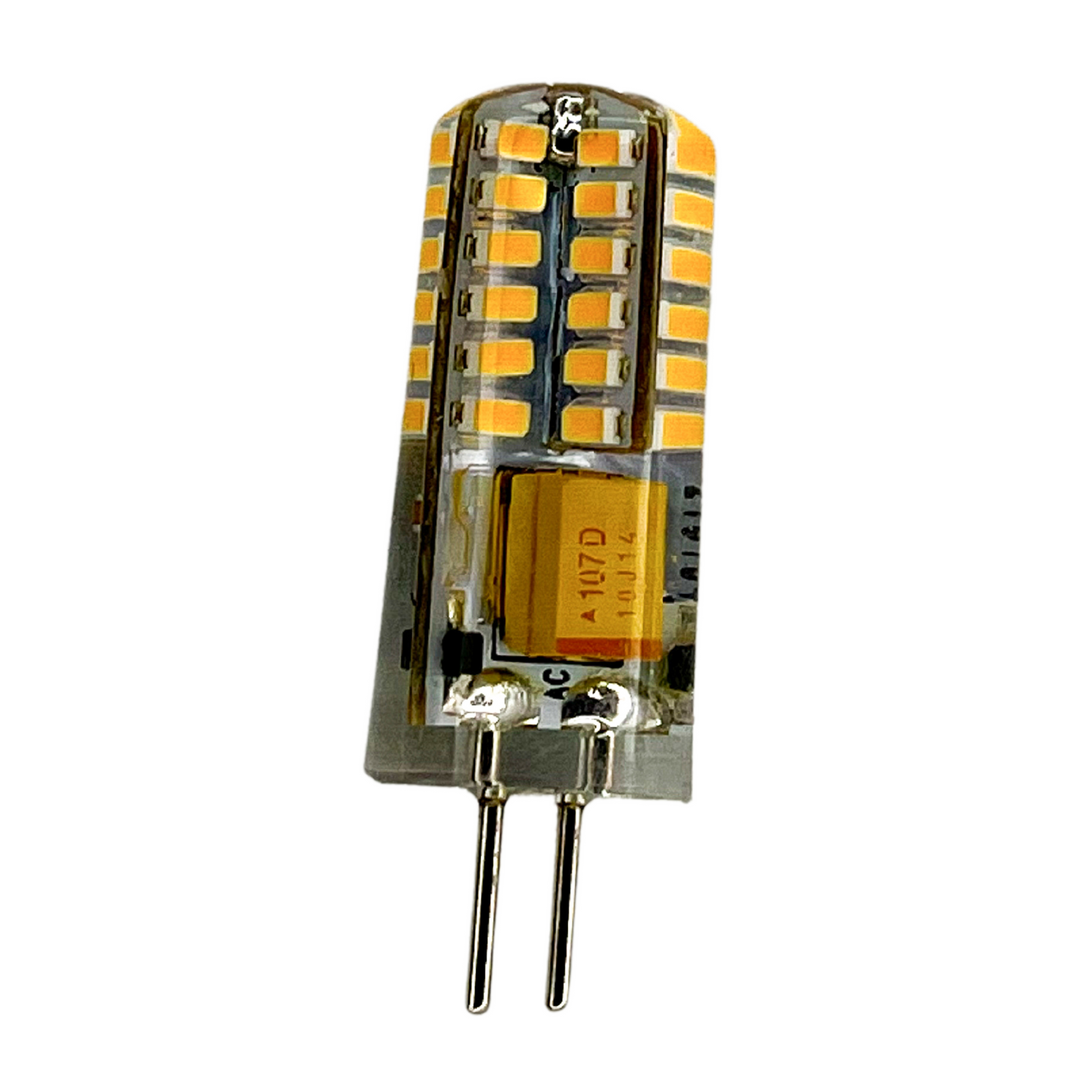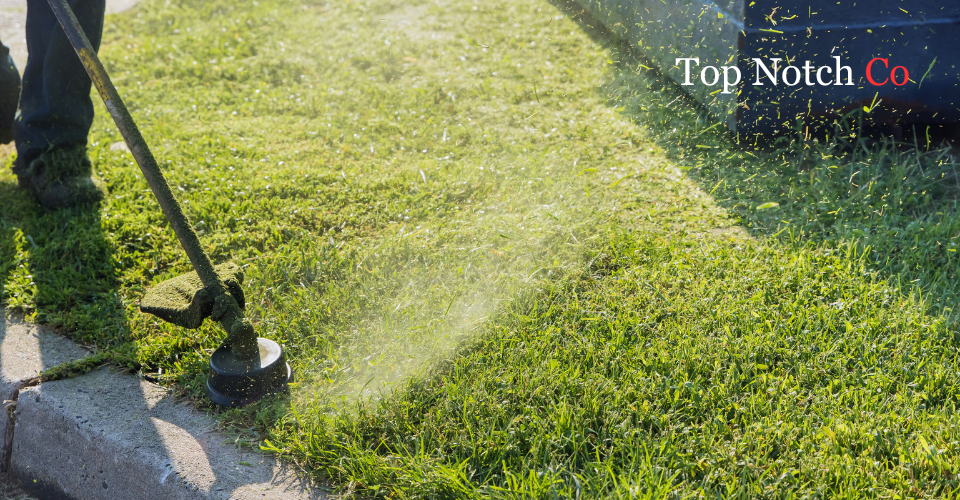
Irrigation Sprinkler System Repair: Top Notch Solutions for Your Lawn
|
|
Time to read 6 min
Maintaining a vibrant and healthy lawn goes beyond simple watering routines; it requires an efficiently functioning irrigation sprinkler system. Over time, various components of the system may experience wear and tear, leading to issues that can compromise your lawn's health and your system's efficiency. Understanding these issues, knowing when and how to address them, and the benefits of professional maintenance can significantly extend the life of your system, conserve water, and enhance the beauty of your lawn.
Irrigation Sprinkler System Repair: Understanding Your Irrigation Sprinkler System
An irrigation system is more than just sprinklers popping up at scheduled times. It's a complex network that includes sprinkler heads, valves, pipes, and a controller, each with a specific function. Sprinkler heads distribute water across your lawn, valves control the flow of water, pipes transport the water to various parts of your garden, and the controller manages the timing and duration of watering. Familiarizing yourself with these components can help you identify issues quickly and take appropriate action.
Common Sprinkler System Issues and Their Symptoms
Several issues can plague an irrigation system, from leaky valves and broken sprinkler heads to clogged nozzles and electrical problems. Leaky valves can lead to water wastage and uneven watering, while broken sprinkler heads may cause dry spots or flooding in parts of your lawn. Clogged nozzles and electrical issues can prevent your system from operating correctly, leading to under or over-watered areas. Recognizing the signs of these problems is the first step toward addressing them.
DIY Repair Tips for Common Sprinkler Problems
For those inclined to tackle sprinkler repairs, several common issues can be managed with basic tools and a bit of know-how. Replacing broken sprinkler heads is often a straightforward task that involves unscrewing the damaged head and replacing it with a new one. Fixing leaky valves might require a bit more effort, including locating the valve box and replacing the faulty valve or its components. Always ensure the system's water and power are turned off before attempting any repairs to avoid accidents.
The Benefits of Professional Irrigation System Maintenance
While DIY repairs can solve some problems, there's no substitute for professional maintenance. A trained technician can diagnose and fix issues that might not be apparent to the untrained eye, such as hidden leaks or electrical faults. Regular maintenance checks by professionals can prevent minor issues from becoming major, costly problems, ensuring your system runs efficiently year-round.
Three practical tips or facts:
1. Seasonal Adjustments for Sprinkler Systems: It's crucial to adjust your Irrigation Sprinkler System Repair settings with the changing seasons. During the warmer months, your lawn requires more water due to increased evaporation and plant growth rates. Conversely, in cooler months, overwatering can lead to water wastage and potential damage to your lawn's root system. Making these adjustments ensures your lawn receives the appropriate amount of water year-round, promoting healthy growth and conserving water.
2. The Importance of Soil Type in Irrigation: The type of soil in your lawn significantly impacts the efficiency of your irrigation system. Sandy soils drain quickly and require more frequent watering in shorter durations, while clay soils retain water longer and need less frequent watering. Knowing your soil type can help you customize your irrigation schedule to meet your lawn's specific needs, preventing over or under-watering and promoting optimal lawn health.
3. Mulching to Reduce Water Needs: Applying a layer of mulch around plants and in garden beds can significantly reduce the need for frequent watering. Mulch helps retain soil moisture, reducing evaporation and keeping the soil cool during hot days. Additionally, it contributes to soil health by breaking down over time, adding nutrients that benefit plant growth. Incorporating mulch into your landscaping not only enhances its aesthetic appeal but also supports efficient water use in your irrigation practices.
Upgrading Your System: When and Why?
Irrigation technology has advanced significantly in recent years, offering new features that can improve efficiency and save water. Upgrading to a smart controller can optimize your watering schedule based on local weather conditions, preventing over-watering and reducing water waste. Consider upgrading if your system is old, you're redesigning your landscape, or you want to take advantage of new water-saving technologies.
Choosing the Right Service for Your Irrigation Repair Needs
Selecting the right service provider is crucial for ensuring your system is repaired correctly and efficiently. Look for companies with solid reputations, relevant certifications, and positive customer reviews. A good service provider will offer transparent pricing, comprehensive service packages, and a guarantee for their work, giving you peace of mind that your system is in good hands.
Frequently Asked Questions
How often should I schedule maintenance for my irrigation sprinkler system?
Regular maintenance is key to ensuring the longevity and efficiency of your irrigation system. Experts recommend a professional check-up at least twice a year, typically in spring and fall, to prepare the system for the upcoming season and address any issues from the previous one.
Can I use rainwater with my irrigation system to conserve water?
Yes, incorporating a rainwater harvesting system into your irrigation setup is a great way to conserve water. This system collects rainwater from roofs and stores it in tanks, which can then be used for irrigation, reducing your reliance on municipal water sources.
What is the best time of day to run my sprinkler system for maximum efficiency?
The optimal time to water your lawn is in the early morning, just before sunrise. This timing reduces water loss due to evaporation and wind, ensuring that water reaches the roots effectively. Watering in the evening can leave the lawn damp overnight, which might encourage fungal growth.
How can I tell if my lawn is being over or under-watered?
Signs of over-watering include soggy ground, fungus or algae growth, and yellowing grass. Under-watered lawns appear dry and brittle, with brown patches and slow growth. An efficiently programmed irrigation system can help maintain the perfect balance.
What should I do if I notice a significant increase in my water bill?
A sudden spike in your water bill might indicate a leak or a malfunction in your irrigation system. Inspect your system for any visible signs of leaks, such as pooling water or unusually wet areas, and consider consulting a professional to conduct a more thorough examination.
Are smart irrigation controllers worth the investment?
Smart controllers can significantly improve the efficiency of your irrigation system by adjusting watering schedules based on local weather conditions, soil moisture, and plant type. This technology ensures your lawn receives the right amount of water at the right time, potentially saving water and reducing costs in the long run.
This FAQ section aims to address common concerns and questions homeowners might have regarding their irrigation sprinkler systems, providing them with further insights and tips to maintain a healthy
Sustainable Irrigation Practices
Sustainability in lawn care is becoming increasingly important. Implementing sustainable practices, such as adjusting watering schedules based on seasonal needs and installing rain sensors to prevent unnecessary watering, can significantly reduce water usage and benefit the environment. Consider consulting with a professional about incorporating sustainable practices into your irrigation system design.
Integrating advanced technology like soil moisture sensors and weather-based controllers into irrigation systems can revolutionize lawn care by ensuring water is used efficiently and only as needed. These tools adjust watering based on real-time soil moisture levels and weather forecasts, preventing water waste and promoting a healthier lawn. Moreover, fostering a sense of community among gardeners, through sharing experiences and advice in online forums or local gardening groups, can greatly enhance collective knowledge on sustainable practices. This synergy of technology and community not only elevates individual lawn care routines but also contributes to a larger movement towards environmental stewardship
Our Recommendation
Final Thoughts
An efficient, well-maintained irrigation system is key to a healthy lawn and garden. Regular inspections, timely repairs, and considering system upgrades can significantly enhance the efficiency and longevity of your system. By understanding common issues, knowing when to DIY and when to call in the professionals, and implementing sustainable practices, you can ensure your lawn remains a beautiful, welcoming space for years to come.
and efficient lawn. Book Online Now and Get a FREE Quote Today!









